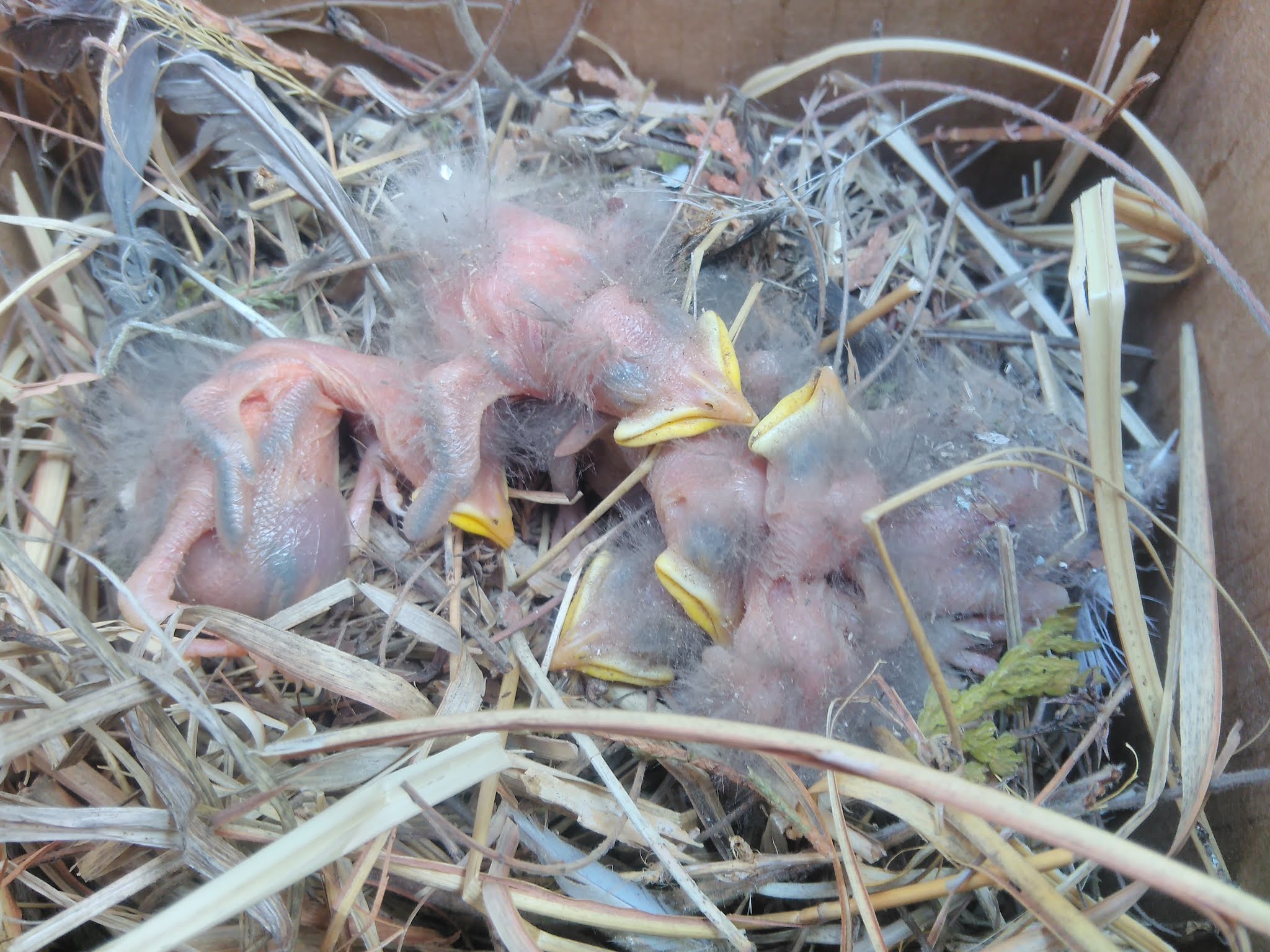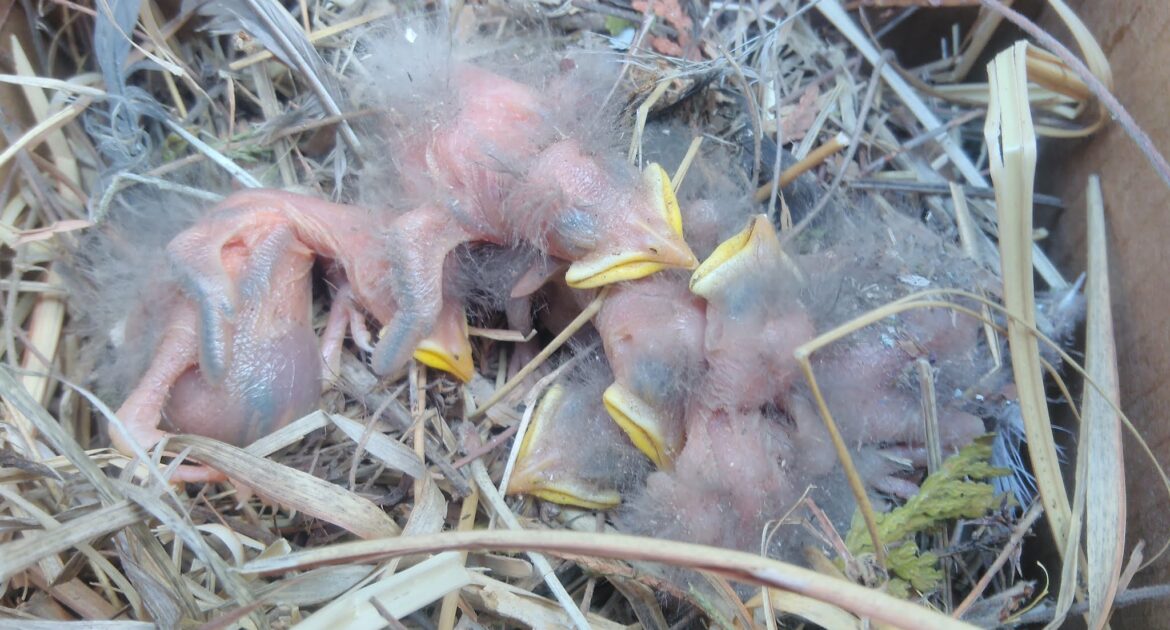In the spring, birds typically start building nests in which to lay their eggs and raise their young. Birds choose nesting sites that are safe from predators and harsh weather conditions. Unfortunately, however, birds sometimes build nests in areas that are annoying to humans, such as in rafters, in gutters, or over bedroom windows where the constant chirping of the hungry nestlings may disrupt sleep.
However inconvenient the nest may be, bird control in Montreal should never be a do-it-yourself task. Attempting to relocate the nest to a better location poses safety risks to both you and the birds. Not only that but disturbing the nest may actually violate the law. It is better to leave the nest where it is until the fledglings leave whenever possible.
1. Moving the Nest May Expose You to Diseases
Birds can carry parasites and pathogens that can also infect humans. While the risk of the baby birds being infected is relatively low, the parent(s) may have left pathogens behind while building the nest or caring for their young. If exposed to these pathogens, you could become infected. It is not worth the risk.
2. The Mother Bird May Abandon the Nest
Perhaps you were told as a child that you should never disturb a bird’s nest because the smell of humans could linger and then the mother bird would abandon the young. This is only partly true. It is true that a mother bird may abandon a nest that has been tampered with by a human. However, it is not because of the smell, as birds have weak olfactory senses. The real reason is that birds view humans as a threat, and if the mother bird perceives you as a predator, she may determine that it is not safe to go back to the nest. Even if the mother bird doesn’t see you handle the nest, she may notice that it has been disturbed when she gets back.
3. The Mother Bird May Attack You
Conversely, some bird species can become very aggressive in trying to defend their nests from perceived or suspected predators. Common species such as mockingbirds, blue jays, and American robins will swoop down at people or domestic animals that they view to be a threat. The bird’s threat assessment is based primarily on proximity. Even walking nearby without making a move toward the nest may provoke an attack. Therefore, the closer to the nest you get, the more aggressive they may become.
4. You May Harm the Baby Birds
Baby birds are very small and delicate creatures. No matter how carefully you try to handle them, you may inadvertently hurt them. There is also a risk of inadvertent harm if the nest is unstable after you move it and it falls down with the baby birds still inside.
5. It May Be Against the Law
The Migratory Bird Treaty Act is an agreement between Canada, Japan, Mexico, Russia, and the United States that provides protections to certain species of migratory birds. The law makes it illegal to interfere with certain birds, including their eggs and nests. It is often difficult to distinguish between different bird species, and if you accidentally mistake a protected species for one that is not, you could get in serious trouble.
Contact Skedaddle for Bird Control Montreal
While it is usually better to leave a bird’s nest alone if possible, there are times when it causes a disruption to your life. When this happens, contact Skedaddle Humane Wildlife Control in Montreal. Our technicians are trained to be compliant with the law and to recognize birds that are protected under it and thus cannot be disturbed. If the bird is a protected species, you must wait until the babies are out of the nest before you can remove it. Our technicians will assess the property and present you with a plan of action.




